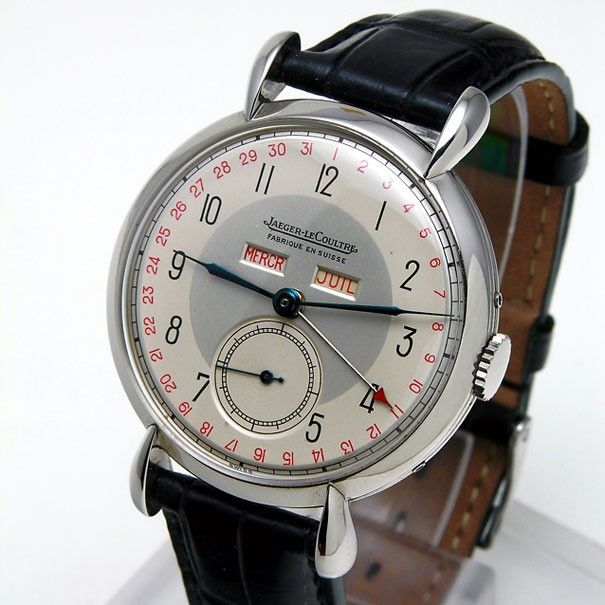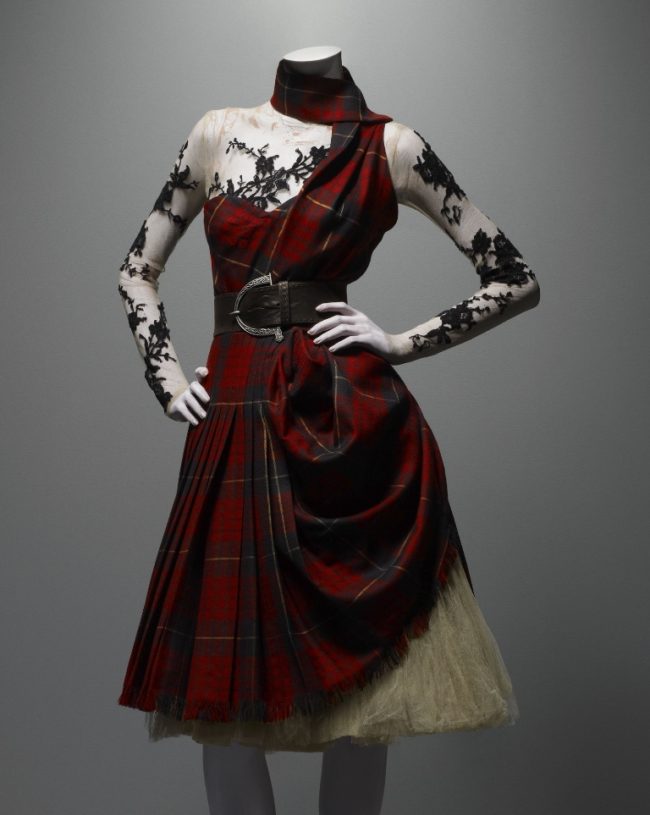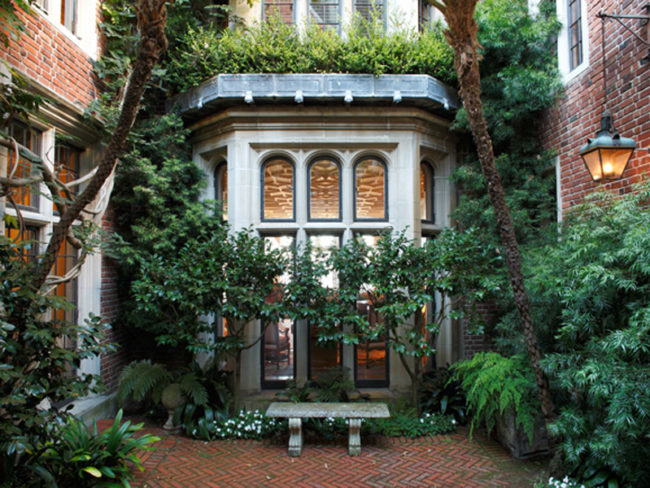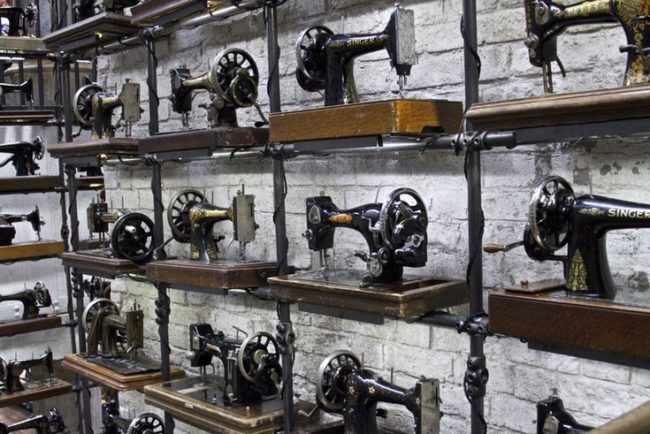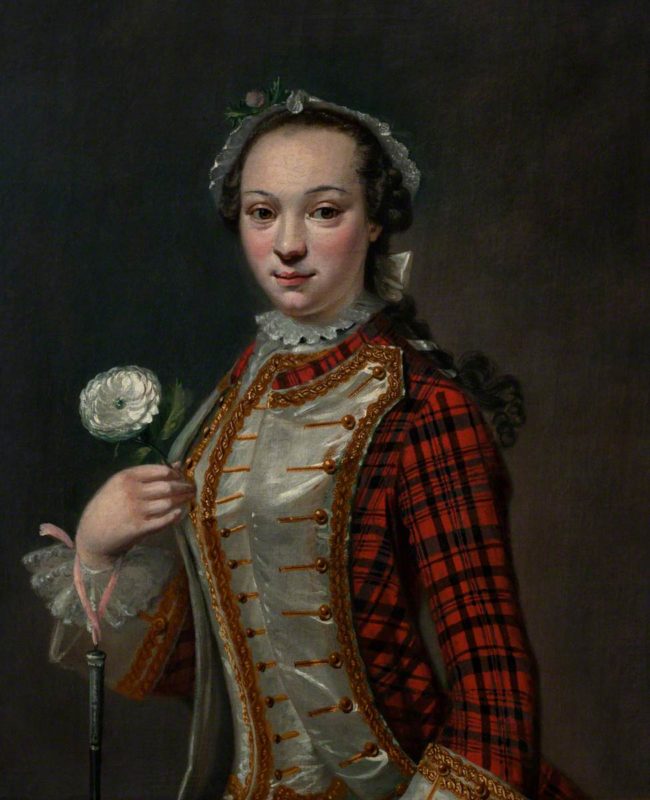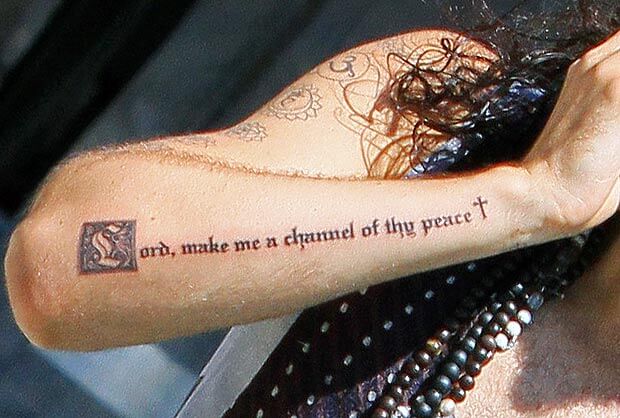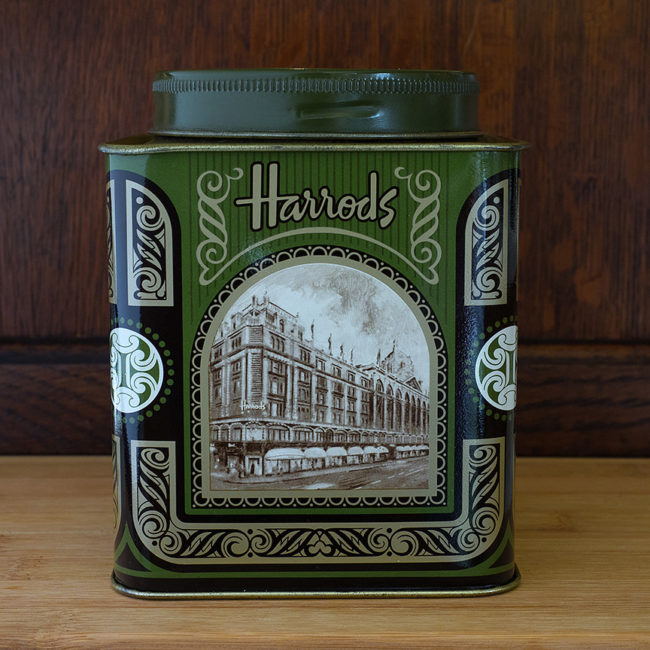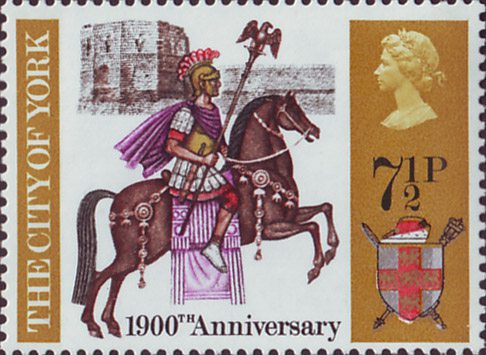Is Roger Caillois at play in Lacan’s mirror stage?
Man, Play and Games is a great book by Roger Caillois. It adds many insights to the already fantastic Huizinga work, Homo Ludens (discussed in many blogposts at V&R, as well as V&R Chapter 6). Philosophical works are fascinating (of course!), and some are surely close to the truth: these two books are examples. …

